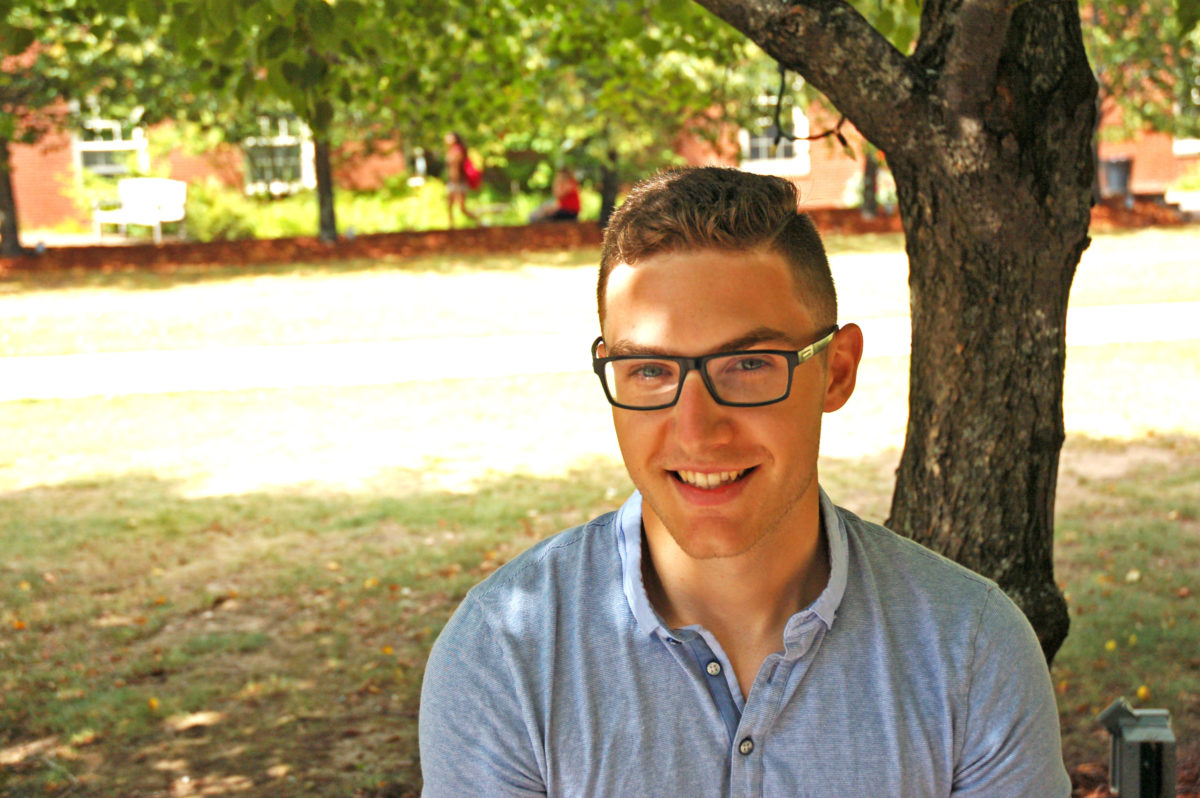Despite the legalization of recreational use of cannabis on Oct. 17, St. Thomas University has yet to fill the Health Research Chair in Cannabis position.
The university originally planned to have the position filled by the end of the 2017-18 academic year, but the search was unsuccessful. The university would not comment on whether anyone has applied for the position during the current search, but it will continue to be advertise the position until Sept. 30. The new goal is to have someone in hired by July 1, 2019, according to Jeffrey Carleton, associate vice-president communications. The position will span at least five years and will be funded $1-million by Shoppers Drug Mart and the NB Health Research Foundation.
The plans for this chair will be geared toward public policy. The University of New Brunswick has also developed a research chair in cannabis. UNB’s research chair will focus on pharmacological sciences.
“At STU, the role of that chair will be to examine the social determinants of health relative to recreational and medical use of cannabis,” said Carleton.
“They know that it’s a big change coming for society, there is going to be complex changes – some they’ve anticipated, some they haven’t.”
Student expectations
Nicolas Guimont, a third-year criminology major, doesn’t want to think about the reality of legalization. Although the university is trying to educate and inform students of what is and isn’t acceptable, he worries there will be problems.
“They’re not going to be fully aware of what the policies [are] and what you can do and what you can not do [with] that drug,” said Guimont.

Victoria Garnier, a first-year student, believes legalization will alleviate any concerns people may have about their cannabis being tampered with.
“It’s good to have it controlled so people don’t get anything off the street that’s laced with anything, it’s healthier,” said Garnier.
However, she worries more people will use it, and thinks that could be dangerous.
“I’m afraid that it’s going to be everywhere, [with] no real way to stop it.”
Cannabis policy
According to STU’s Policy on Cannabis, anyone under the age of 19 cannot smoke cannabis and those of age who do must keep it in a secure place away from those who are underage.
Scott Duguay, associate vice-president enrolment management said students won’t be able to light up on campus.
“We might have designated spots for smoking cigarettes here [but] that won’t include cannabis, because under the law you can’t smoke cannabis in public areas and universities [are] obviously a public area,” said Duguay.
It is prohibited to smoke, grow or sell cannabis anywhere on university property, including inside a vehicle or residence.
One exception to the rule is edible cannabis, which will be allowed to be consumed in private residence rooms and residence lounges. However, a date has not been set for the legalization of edibles. When they are legalized, the preparation of edibles will be prohibited on STU property.
Although recreational use of cannabis won’t be welcome on campus, prescriptions are allowed.
“We still have a duty to accommodate medical marijuana … that will not change,” said Duguay.
The university is focused on harm reduction and education surrounding cannabis use.
“[We want to make] sure nobody is harming themselves with any substance whether that be legal or illegal,” said Duguay.
During Welcome Week, the university held a presentation on substance use on campus. It included the potential harms of cannabis, along with the laws in New Brunswick.
“[We want to make] sure that our students faculty and staff, our entire community are aware of what the laws actually say on cannabis use,” said Duguay.
According to the university, the policy will be reviewed in August 2019 and every two years after.
Duguay said students can ask any questions they may have about legalization.
“They can stop into student services to talk about it, they’re free to talk to me directly if they’d like to be in touch, because it is new for everybody. There’s going to be a learning curve for students, faculty and staff for sure.”